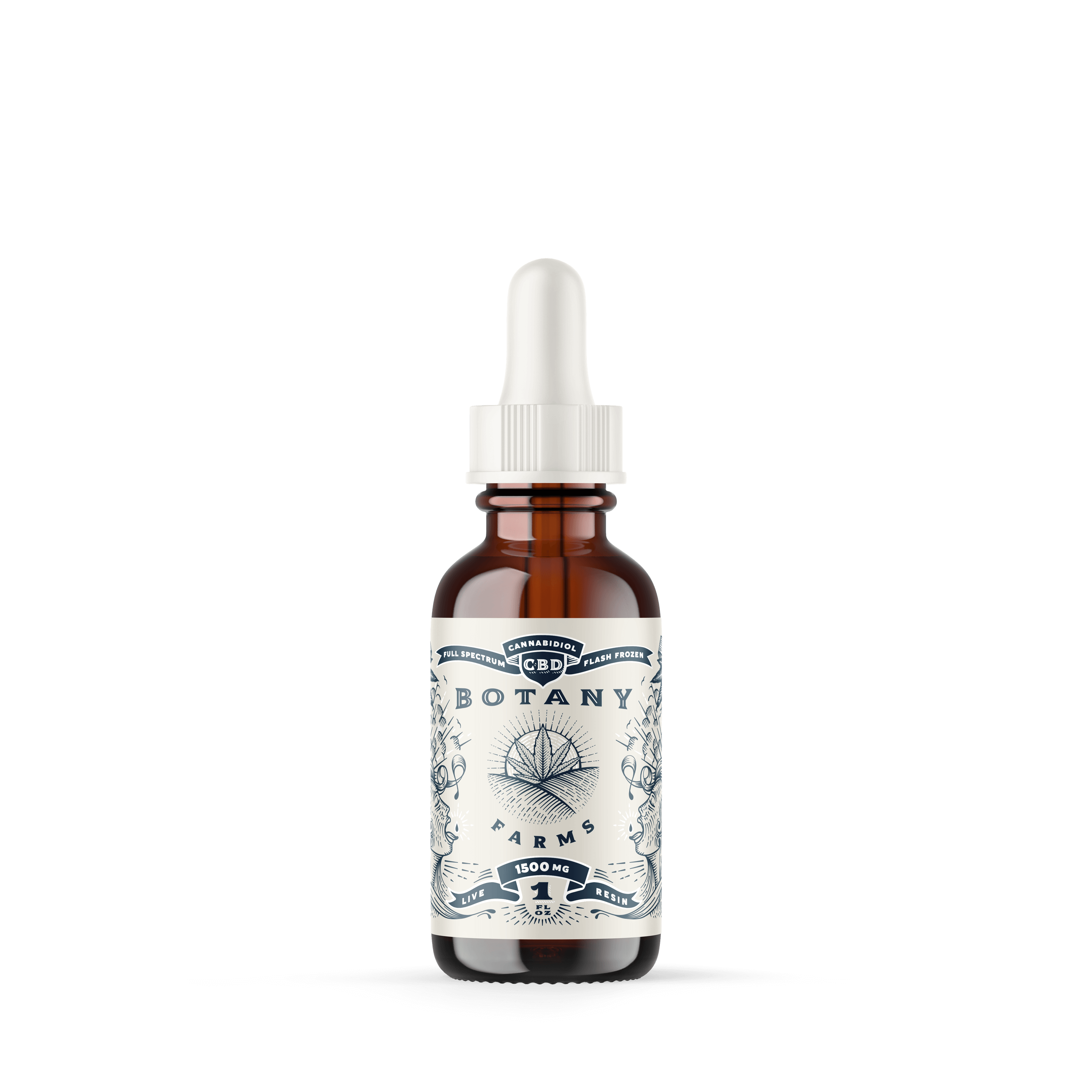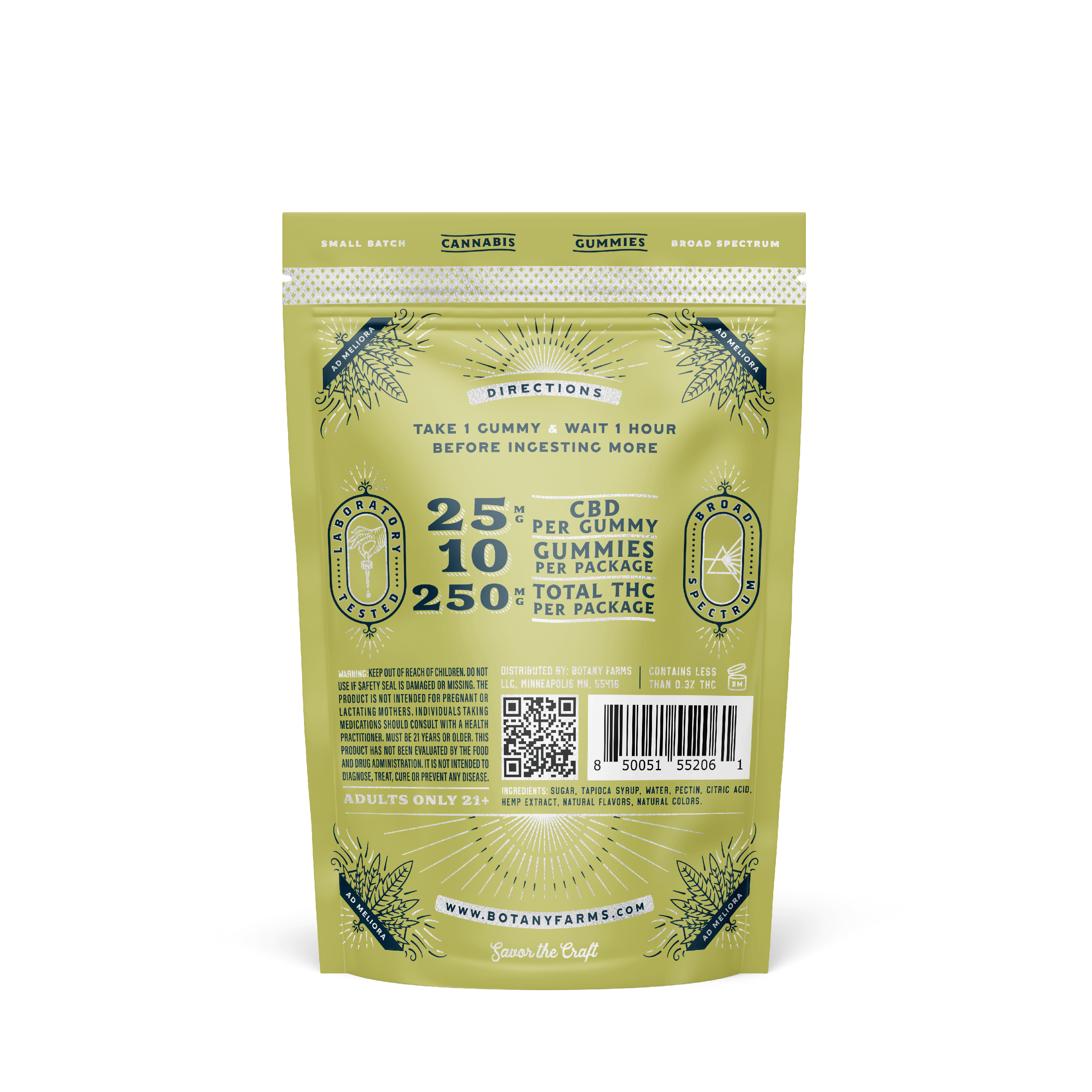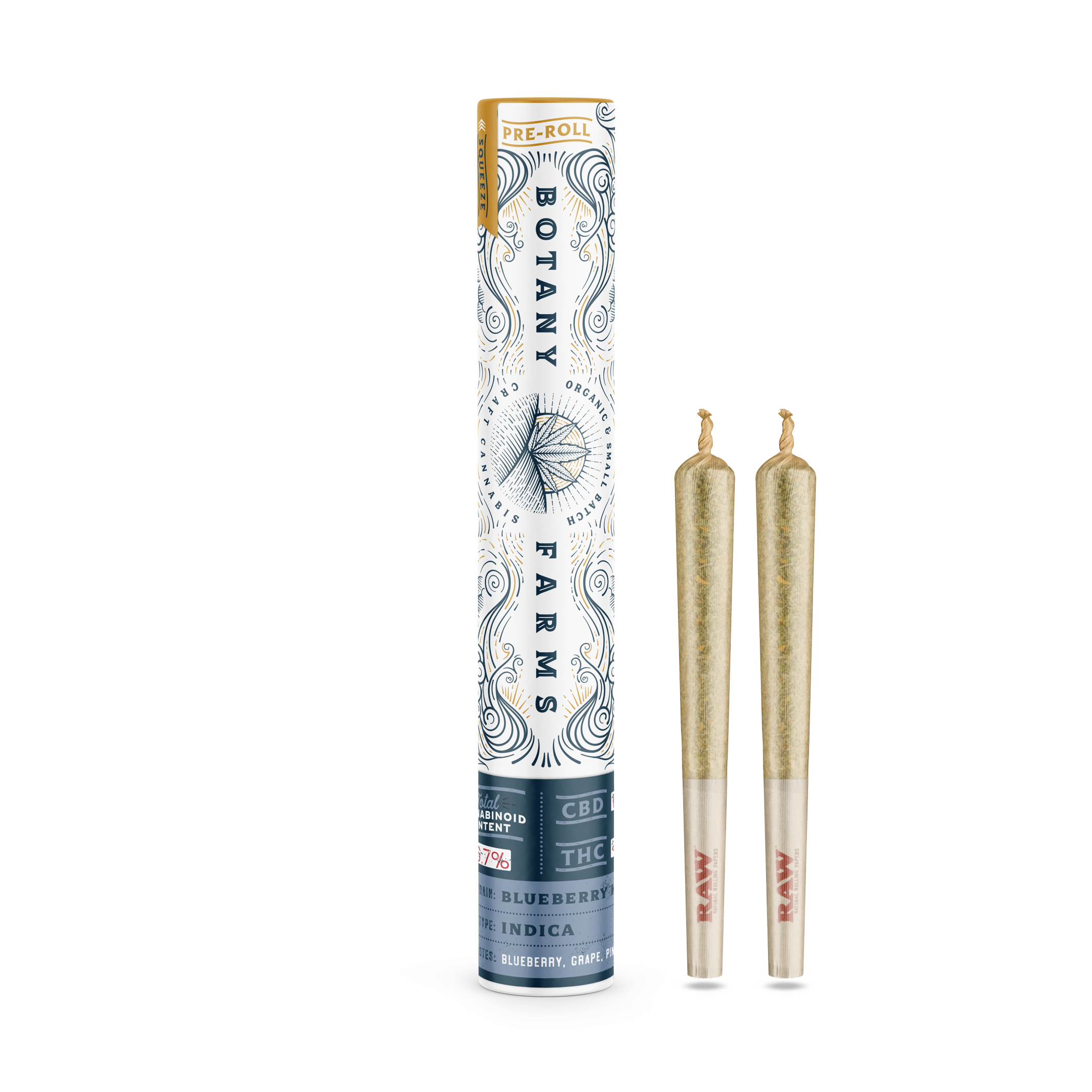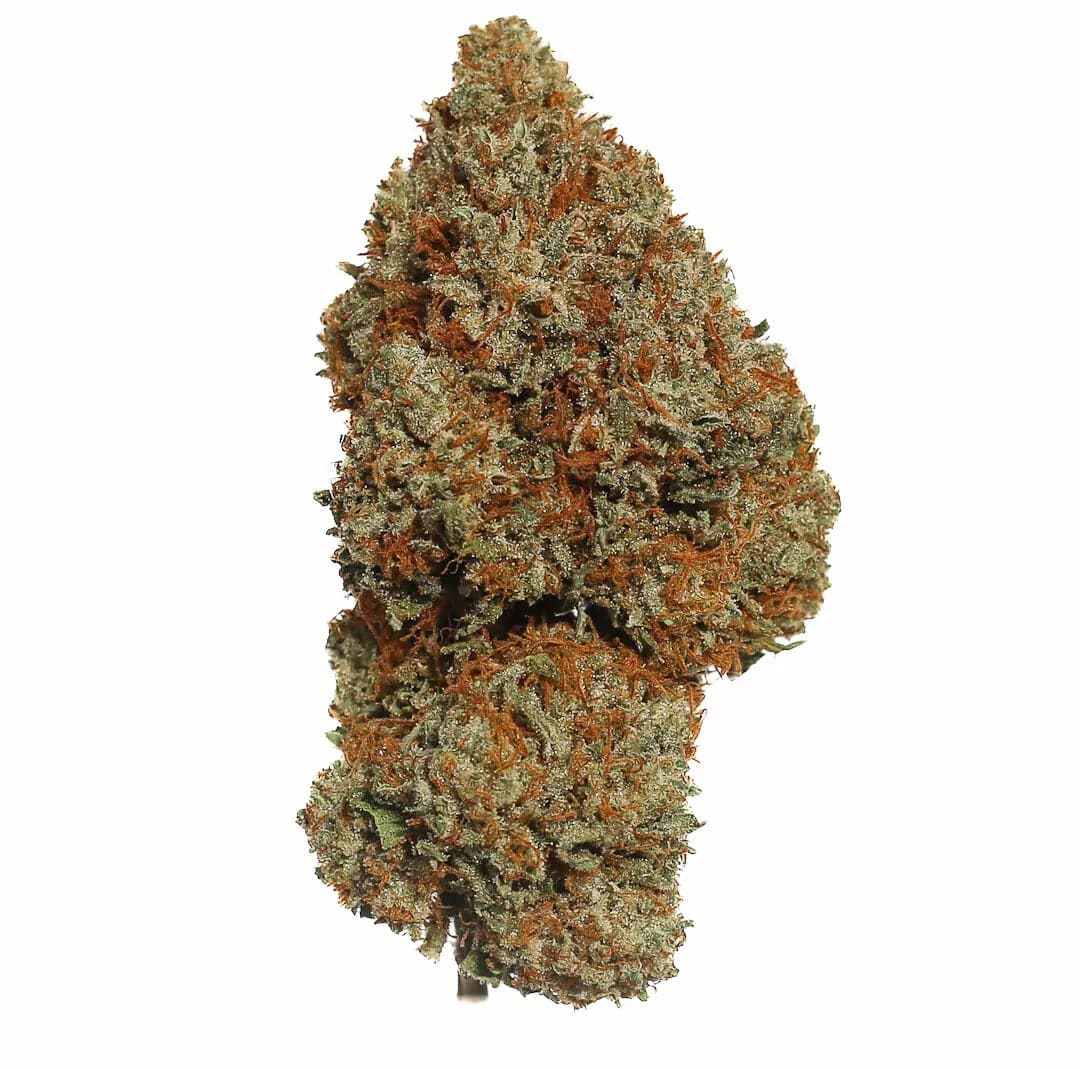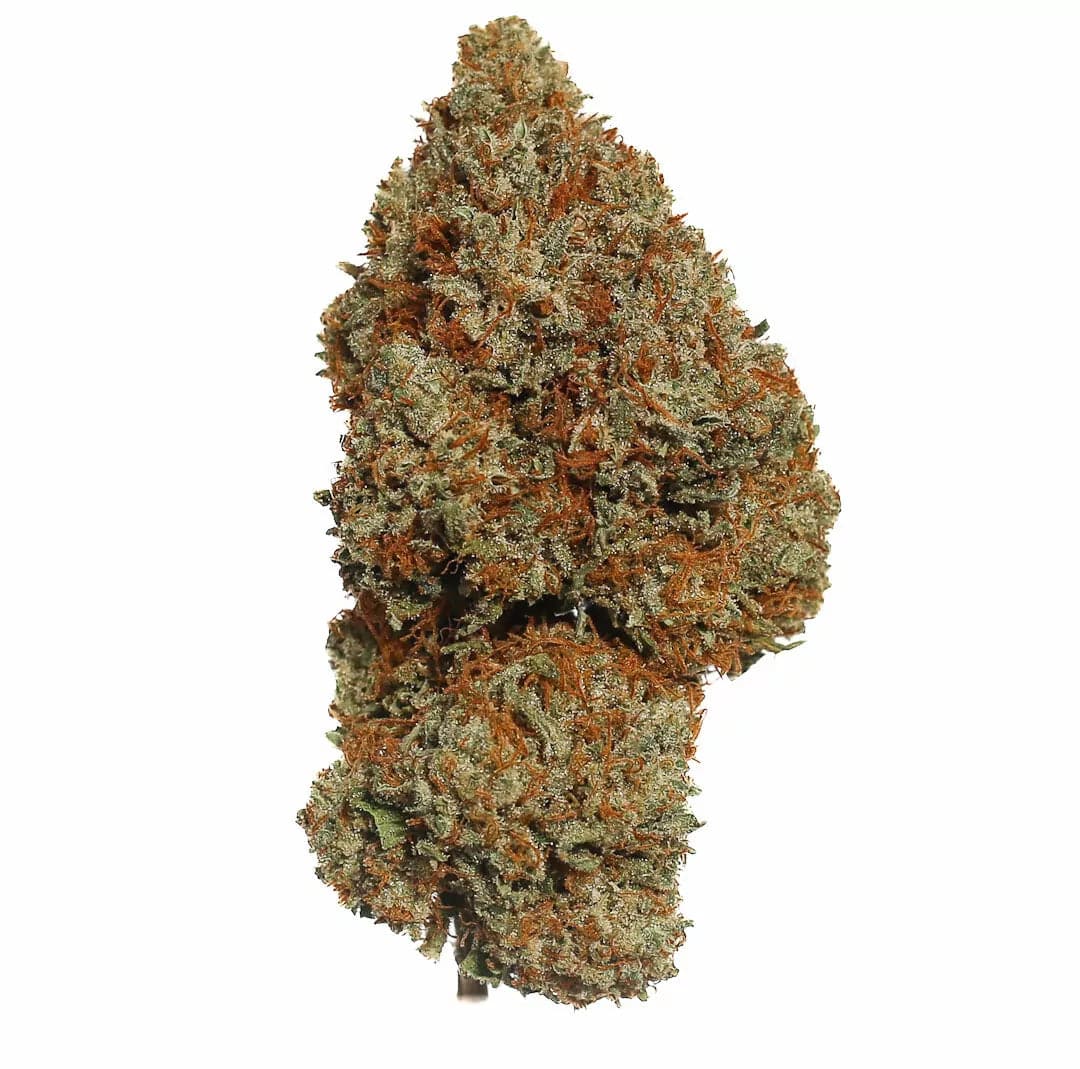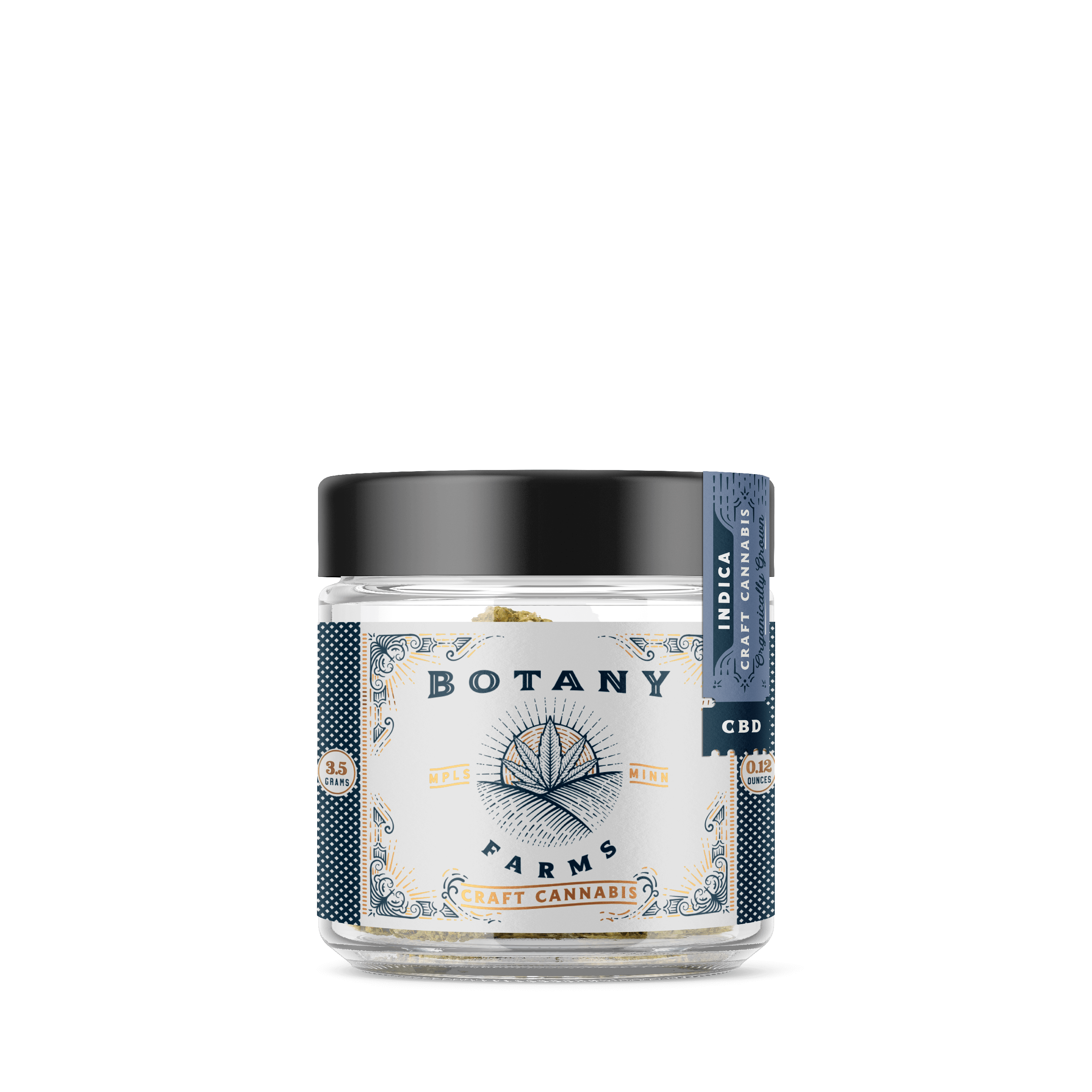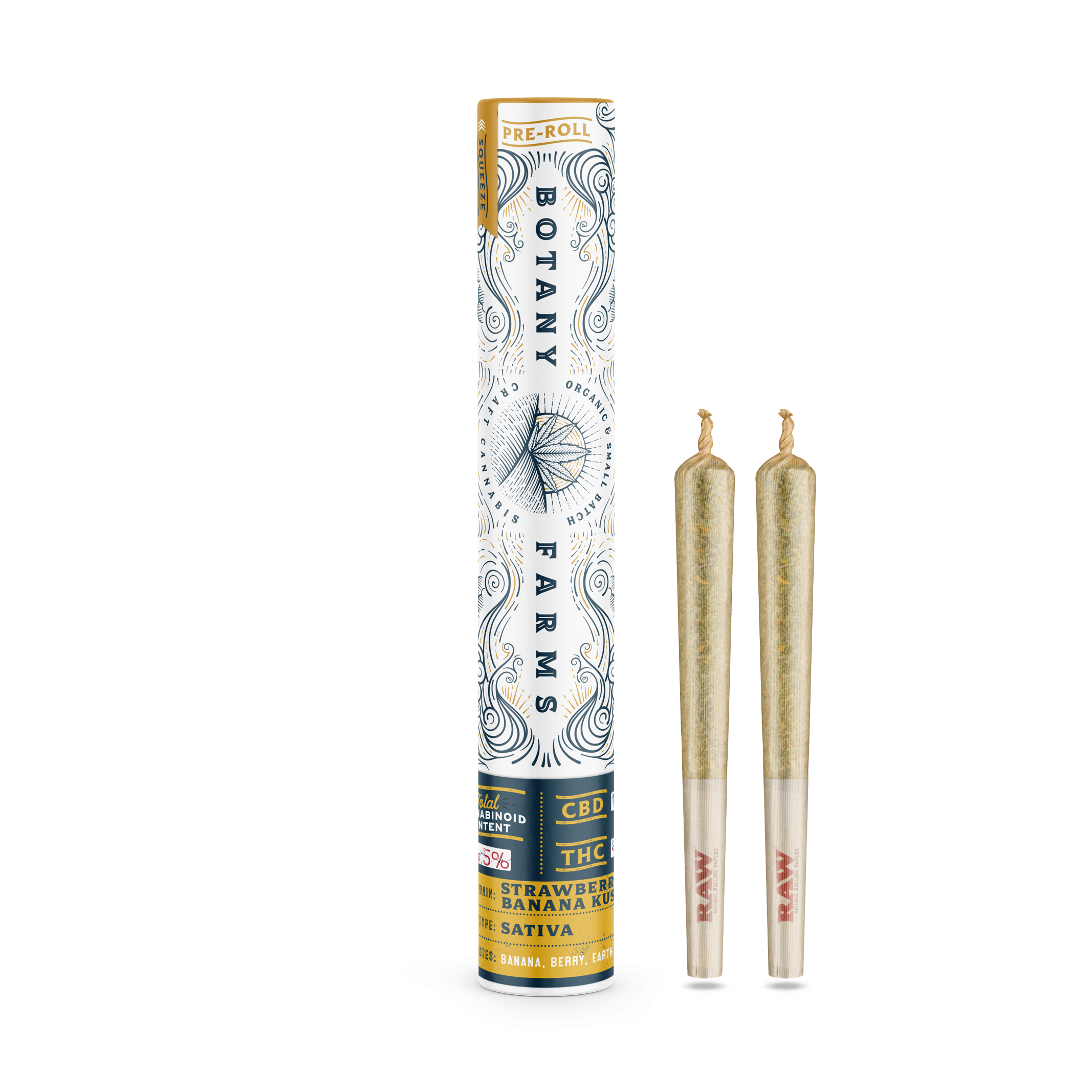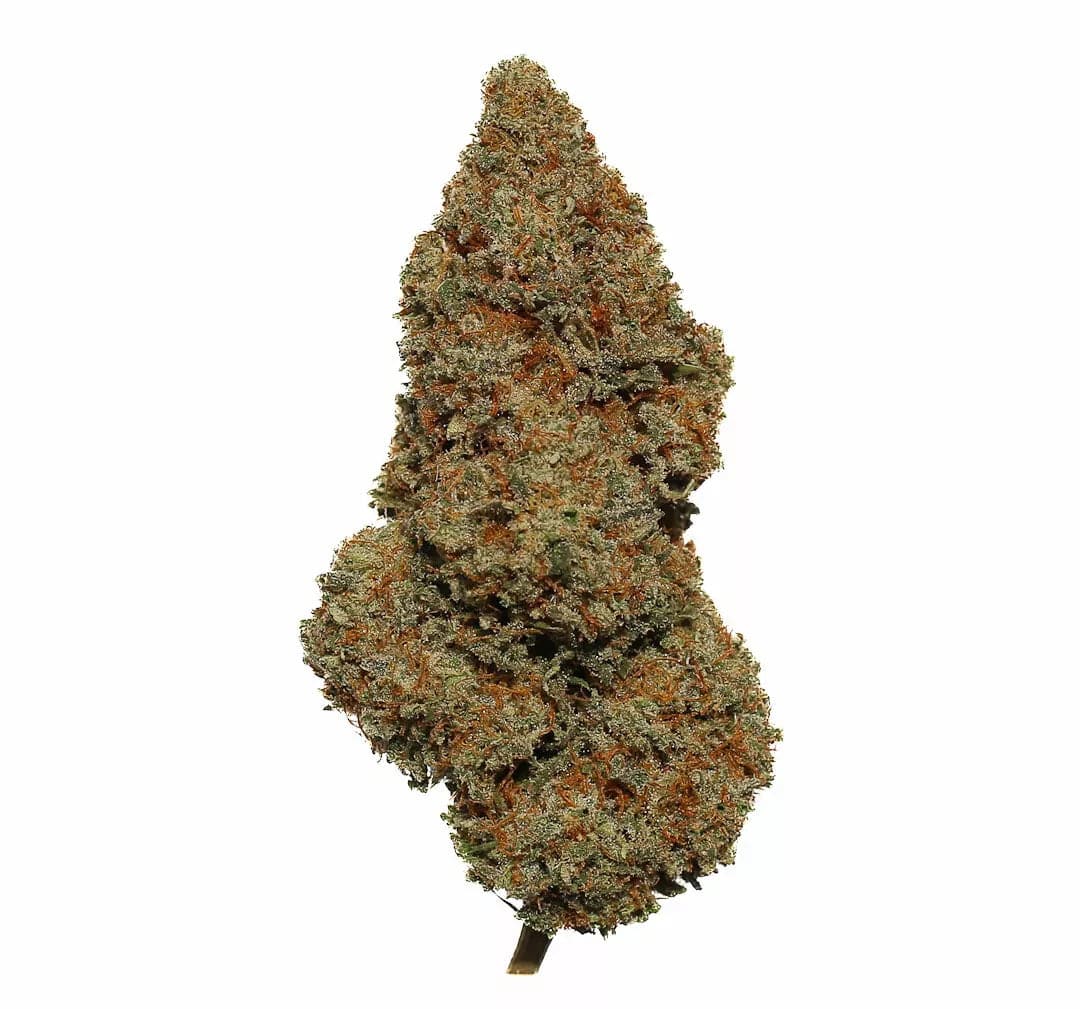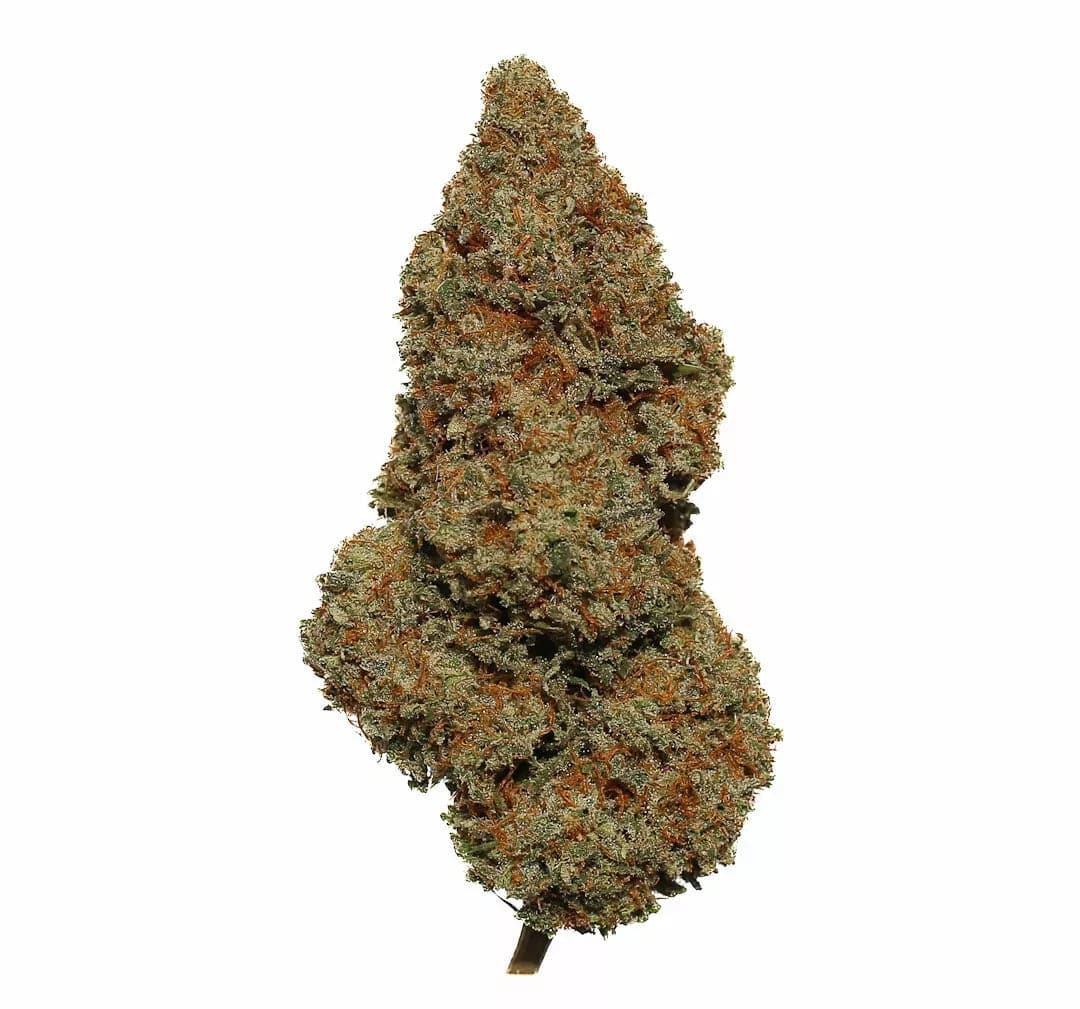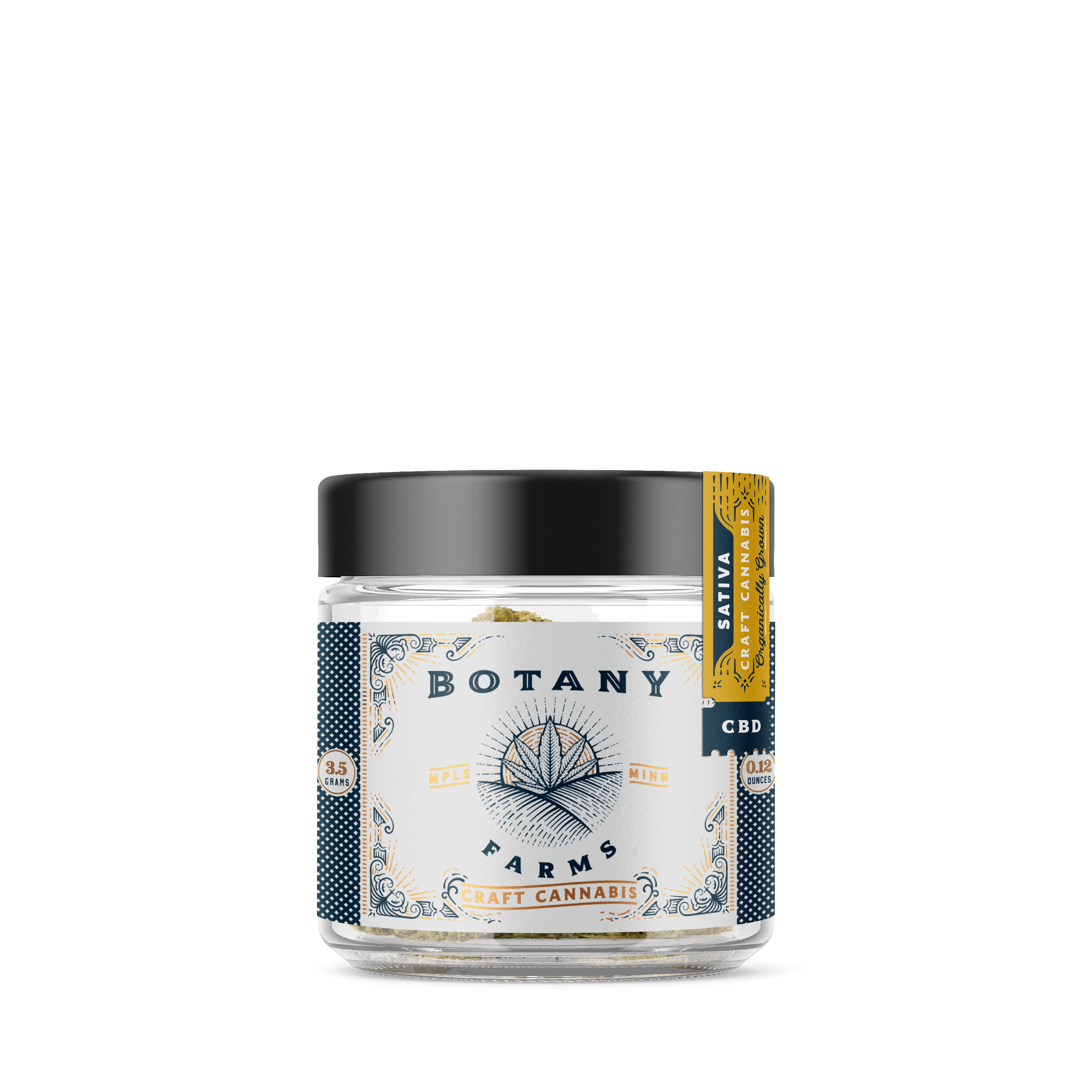The famous entourage effect some cannabinoids generate in conjunction with other natural compounds seems to transcend cannabis. It appears possible that CBD may improve the effectiveness of other herbal supplements such as ashwagandha. More and more people are using natural supplements as alternatives to treat certain conditions.
Taking this into account, it is common for some people to wonder if they can combine CBD with other natural supplements. If you are one of these people and want to know if you can combine your usual CBD with the potential therapeutic qualities of the ashwagandha mystique, this article delves into the qualities and effects of this beneficial plant and how you might combine it with CBD.
What is Ashwagandha?
Ashwagandha is a small, evergreen shrub that bears yellow flowers and is native to India, Southeast Asia, and parts of North Africa. The scientific name of this plant is Withania somnifera, but it is also called Indian ginseng and winter berry. Ashwagandha has been credited with a variety of potential therapeutic benefits for millennia.
To the point that the traditional Ayurvedic medicine system considers this herb as a Rasayana or tonic. Many practicing therapists of this traditional Hindu medicine system use this herb to treat different conditions but especially as a nerve tonic. As a plant so revered as medicine within such an ancient culture, scientists were naturally curious to conduct further studies on this plant to analyze its potential adaptogenic and anxiolytic effects.
Benefits of Ashwagandha
Ayurvedic medicine has been using ashwagandha for about 3,000 years for its effects on fatigue, sleep, mood, libido, and energy levels. This is why many people firmly believe that ashwagandha could provide numerous health benefits, such as boosting brain function and regulating blood sugar levels.
Meanwhile, more recent studies have been conducted on the potential stress-relieving qualities and positive impact on the self-perception and well-being that ashwagandha could generate.
Ashwagandha for Stress
Exposure to stress over a long period can lead to deterioration of general health and complications in pre-existing medical conditions. One of the reasons ashwagandha is such a revered herb is because its adaptogenic qualities have been shown to impact stress reduction and overall well-being positively.
A 2019 study suggests that eight weeks of Ashwagandha root aqueous extract supplementation may directly link to a significant decrease in stress levels and an improvement in overall quality of life.
Ashwagandha for Anxiety
Although stress and anxiety are not exactly the same, there can generally be a close relationship between them. Anxiety and stress can also produce almost identical symptoms. The difference is that while stress usually occurs in response to some external stressor, in the short, medium, or long term, anxiety is the perennial presence of worries that do not go away even in the absence of any external stressor.
Either way, both stress and anxiety release cortisol in the body, which is the stress hormone. There are promising studies that suggest that ashwagandha may help reduce blood levels of cortisol, a hormone that our adrenal glands secrete in response to stress, and anxiety, and also when blood sugar levels are too low.
Evidence shows that chronically elevated cortisol levels may lead to high blood sugar levels and a greater likelihood of storing body fat in the abdomen. Ashwagandha could be a potentially effective tool to help avoid these types of issues.
Fighting Depression
A 2019 study analyzed the reaction of 66 people diagnosed with schizophrenia. Interestingly, those treated with 1,000 mg of ashwagandha extract demonstrated more significant improvement in depression-related symptoms compared to those taking a placebo. Though it’s important to point out that the sample size of this study is far too small to make any conclusions.
There is also additional evidence pointing to possible benefits of taking ashwagandha for people with cognitive impairment related to bipolar disorder and for adults with stress-related symptoms of depression.
Despite this evidence, no one should try to substitute ashwagandha for antidepressant medications, especially if they have ongoing treatment. If you are experiencing any symptoms of depression, consult a professional in the area to recommend the appropriate treatment.
Reducing Blood Sugar Levels
Although more research is still needed to substantiate the following belief, there is evidence to suggest that ashwagandha may have some benefits for people with high blood sugar and even diabetes.
A review of 24 studies published in 2020 found that ashwagandha could reduce blood sugar levels, insulin, blood lipids, hemoglobin or HbA1c, and oxidative stress markers. Additionally, some researchers believe that some natural compounds in ashwagandha may have powerful anti-diabetic qualities.
Anti-Cancer Properties
There is evidence showing that ashwagandha could have possible applications in treating and mitigating cancer and cancer treatment symptoms.
A 2003 study and a 2007 study provided evidence showing that ashwagandha may have inhibitory effects on the growth of various types of cancer cell lineage.
Other studies showed that ashwagandha might also prevent chemotherapy-induced neutropenia and might enhance the effects of some types of chemotherapy. It seems that this plant may also benefit patients with breast cancer and improve fatigue and quality of life in people treated with chemotherapy.
These studies also showed that ashwagandha may be ineffective against some types of drug-resistant cancer cells and may increase testosterone levels. Therefore, hormone-sensitive prostate cancer patients should consult their physician before incorporating ashwagandha into their diet.
Boosts Testosterone, Helps Build Muscle
Studies indicate that ashwagandha supplements may benefit male fertility by increasing sperm concentration and volume and increasing sperm motility in both men with low sperm counts and men with normal sperm counts.
Ashwagandha also appears to increase testosterone levels by stimulating increased levels of DHEA-S, a sex hormone involved in testosterone production.
There is also evidence showing that ashwagandha could improve physical performance in athletes by promoting a greater VO2 max, leading to better oxygen assimilation, which translates into better performance.
Ashwagandha might also increase muscle building and strength. In a 2015 study, ashwagandha supplements were effective in increasing muscle strength and recovery.
Reduces Inflammation
Some natural compounds in ashwagandha like Withaferin A or “WA” appear to target inflammatory pathways in the body, including signal molecules called nuclear factor kappa B or “NF-κB” and nuclear factor erythroid-related factor 2 2 or “Nrf2.” WA could also reduce the levels of inflammatory proteins such as interleukin-10.
There is also evidence to suggest that ashwagandha could reduce the levels of different inflammatory markers in stressed adults and even in patients with COVID-19. Although the results of this research are promising, we still need more research on the possible anti-inflammatory qualities of ashwagandha.
Improve Memory
A 2017 study examined the reaction of 50 adults treated with 600 mg of ashwagandha extract for 8 weeks. The results showed that there were significant improvements in immediate and general memory, attention, and speed of information processing compared to the control group. This same study found that the antioxidant qualities of some compounds in ashwagandha could benefit cognitive health.
Lower Cholesterol
Research suggests that ashwagandha may lower total cholesterol levels and LDL or bad cholesterol levels while slightly raising HDL or good cholesterol levels. Evidence shows that ashwagandha may lower triglyceride levels, thus reducing heart disease risk.
Does Ashwagandha Help With Sleep?
Excessive tension and stress can cause many people to experience shorter and less satisfying sleep. In this sense, ashwagandha's anxiolytic and stress-relieving qualities could make it an excellent plant to promote better nights of sleep. Ashwagandha's calming qualities could significantly help improve the quality and quantity of rest.
Preliminary research suggests that ashwagandha might help some people fall asleep faster and stay asleep longer. A more recent study published in 2020 showed a 72% increase in self-reported sleep quality after taking ashwagandha for six weeks.
How Do Adaptogens Work?
The mechanism of action of many adaptogens is something truly interesting. These types of herbs, mushrooms, roots, or natural compounds classified as adaptogens work by "hacking" the stress response in the body. Adaptogens work at the molecular level by regulating a stable balance in the pituitary, hypothalamic, and adrenal glands. All these glands play a role in the stress response.
How Long Do Adaptogens Take to Work?
Adaptogens can take a while to build up and start working in the body. Most adaptogens can take two to three weeks for you to start noticing any kind of change. So before that time, it is better not to overthink the effects so as not to create unattainable expectations.
In the case of ashwagandha, each individual's health and the quality of the type of ashwagandha supplement you take can have a lot to do with how long this adaptogenic herb takes to work. But, a good quality ashwagandha supplement in combination with a healthy lifestyle can bring positive changes in about two weeks. Nonetheless, in some people, it can take a couple of months to start seeing a really significant change.
Can You Take CBD with Ashwagandha?
Yes, you can take CBD with ashwagandha. There may be people who are still wondering if they can get high from CBD, and the answer is a solid no. Combining CBD with ashwagandha will not change this either, and there is no risk of experiencing psychoactive effects from taking these natural compounds together.
However, the latter also depends on the type of CBD product you choose to combine your ashwagandha with. Anyways, both natural compounds are safe for most people, and no evidence claims that taking CBD and ashwagandha together poses any risk. In fact, many sources indicate that ashwagandha and CBD can be a powerful couple as a potential treatment for anxiety and stress.
Can You Take Ashwagandha with CBD Oil?
CBD oil is just one more way we can take CBD, so yes, you can combine CBD oil with your ashwagandha in measured doses and make them part of your stress aid routine if you wish.
You can use both full and broad-spectrum CBD oil or CBD isolate oil and infuse it with your ashwagandha, or you can just take some CBD gummies, which generally contain CBD oil and your ashwagandha extract separately, depending on your preferences or needs. There are some products that combine these two incredible natural compounds to improve stress and anxiety symptoms.
How Should I Dose Ashwagandha and CBD Together
The ideal dose of ashwagandha for each individual will generally depend on the condition. While 150 mg of ashwagandha for two or three weeks is enough for some people to start experiencing the general benefits of this plant, for people with more severe conditions such as insomnia, the ideal dose may be between 250 mg and 600 mg.
However, this dose can vary depending on the type of supplement. The ideal dose may be between 40 mg and 160 mg to experience the potential benefits of CBD, depending on the potency of the CBD form you choose.








